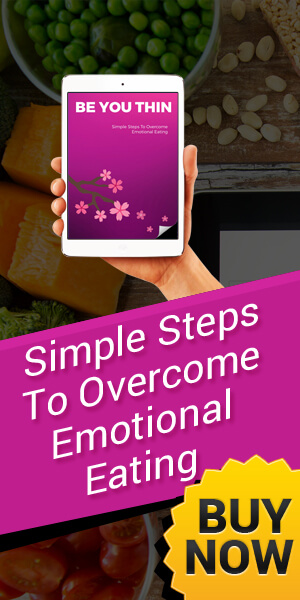Health crazes are certainly nothing new. We have seen all kinds of weird and wonderful diets and health fads pop up and die out over the past. The Atkins diet, juice cleanses and paleo regimes are just a few of the things we have tried in an attempt to collectively make ourselves healthier. Do they work? That remains up for debate. Do we love them? Absolutely! So, what are the latest health crazes to have hit the culinary scene? Let’s take a look…
Souping
After juicing was proved to not actually be that good for us, the powers that be decided that health craze that would replace it would be souping. Exactly what is says on the tin, souping consists of making soups. Packed with more fibre that its lowly juice neighbour, soups have been proven to be much better for your health and they can be pretty delicious too. Find some of your favourite veggies, blend them up with a bit of stock and enjoy!
5:2 Diet
This diet consists of spending 5 days of the week eating normally and then fasting for the other two days. Proponents of the diet have claimed that not only does this diet help you lose weight but it can also combat disease such as Alzheimer’s and dementia. The verdict on this one is mixed with some nutritionists noting that some people might over-compensate on non-fasting days, thus cancelling out the effects of the fast.
Dukan Diet
The Dukan is divided up into 4 phases, each slightly more lenient than the last. The overall aim is to help people lose around 2 pounds per week and to encourage sustainable long-term weight loss – something a lot of crash dieters struggle with. Phase one completely eliminates vegetables and carbs and puts dieters on a strict lean protein diet. The following phases gradually reintroduce foods from other groups until you are eating normally again – but hopefully slightly less.
DASH Diet
If you want to lower your blood pressure and improve your overall health then you might want to consider the DASH diet. The regime emphasises portion control, variety in your diet and making sure you are consuming an appropriate amount of nutrients. One of the main principles of the diet is reducing the amount of sodium you eat. This is then offset by increasing your intake of calcium, magnesium and potassium – all of which can help lower blood pressure.






























